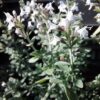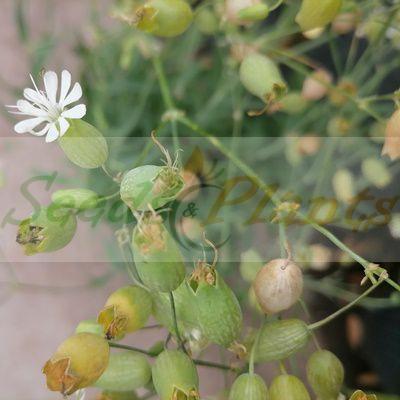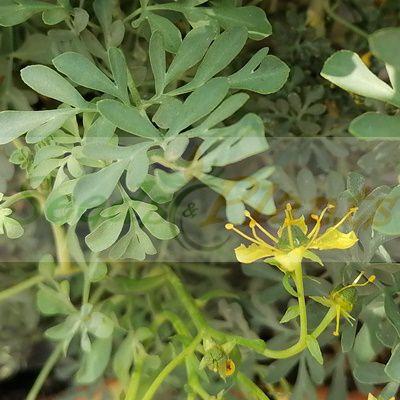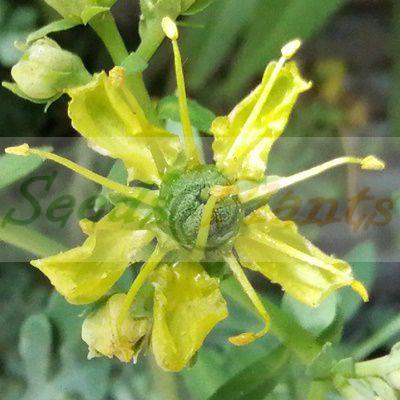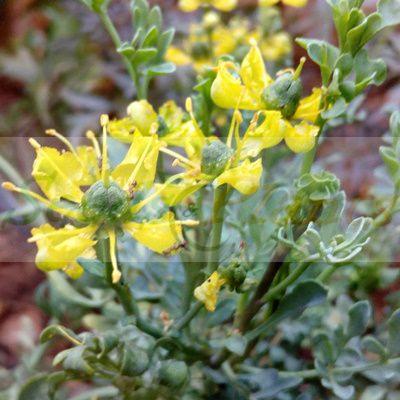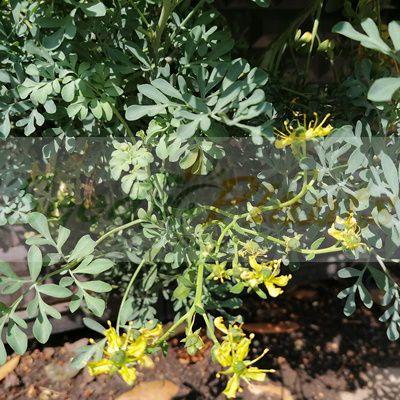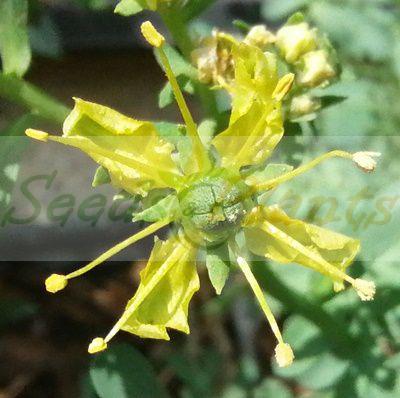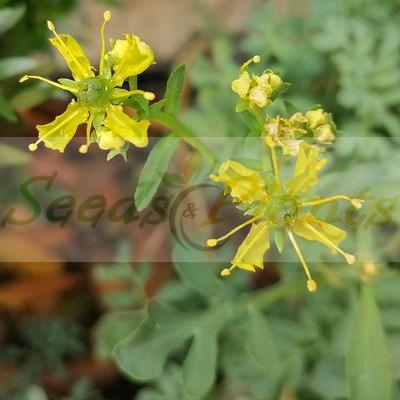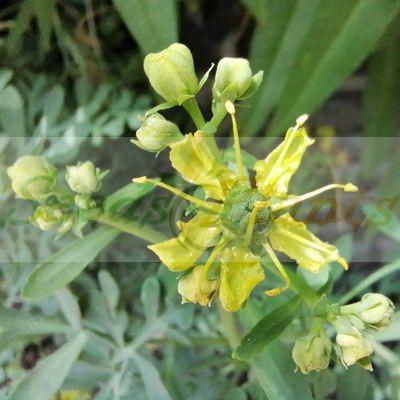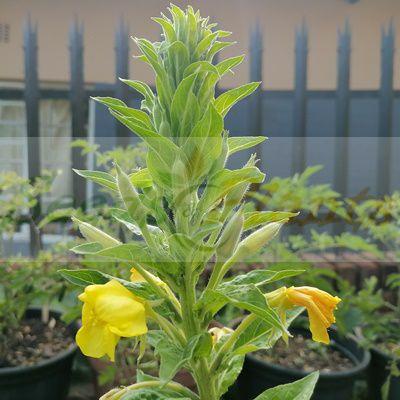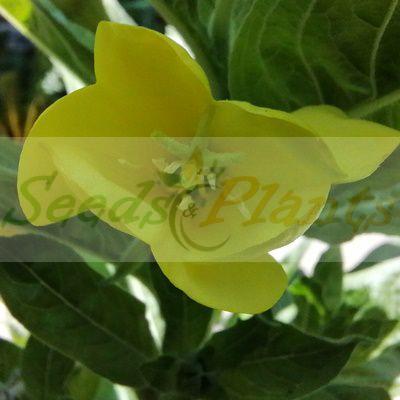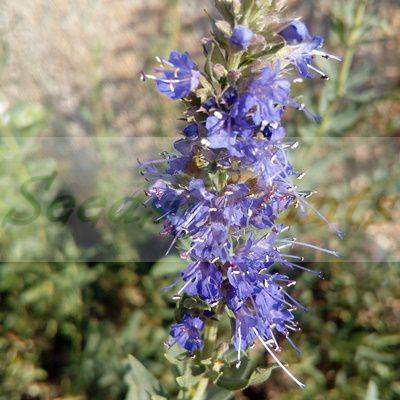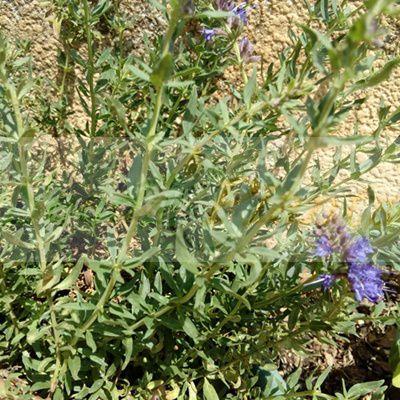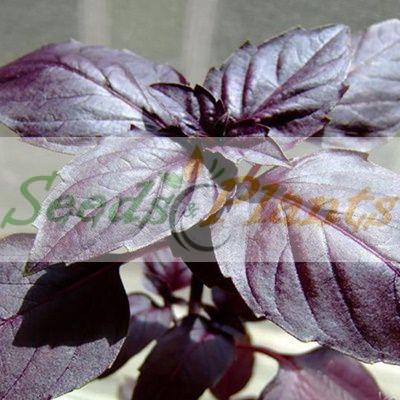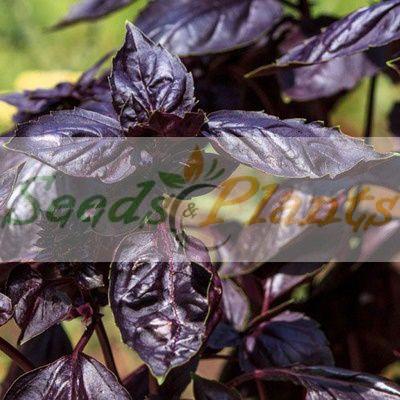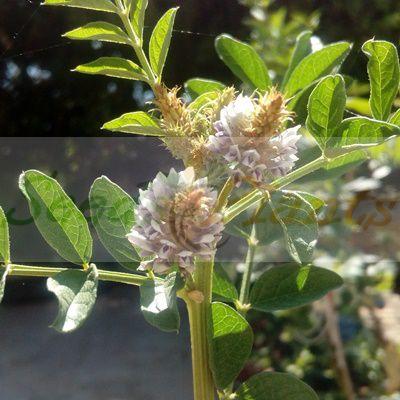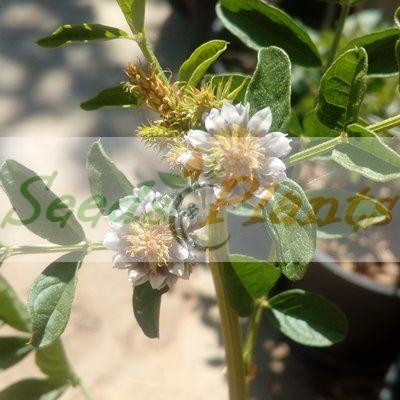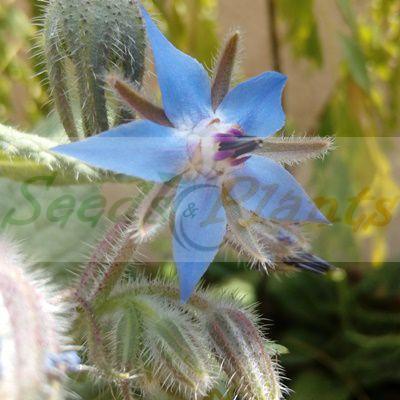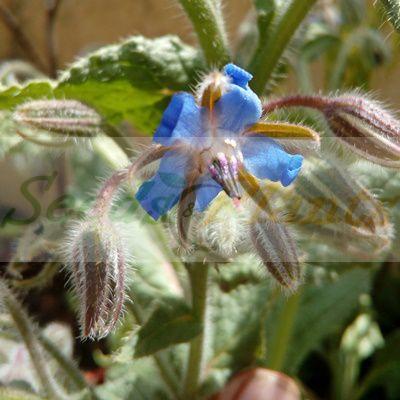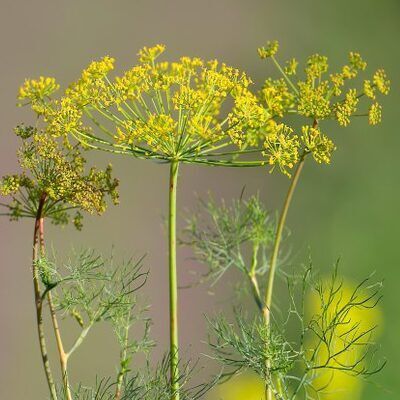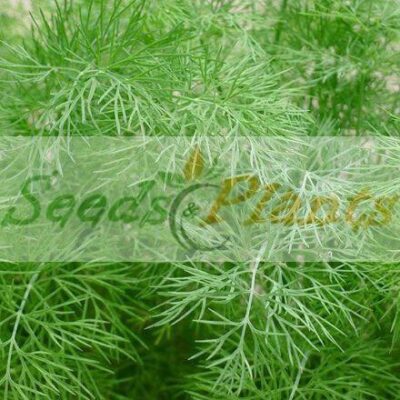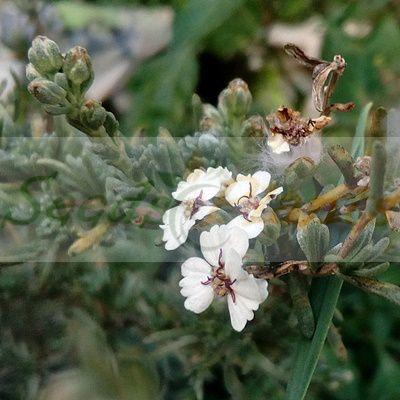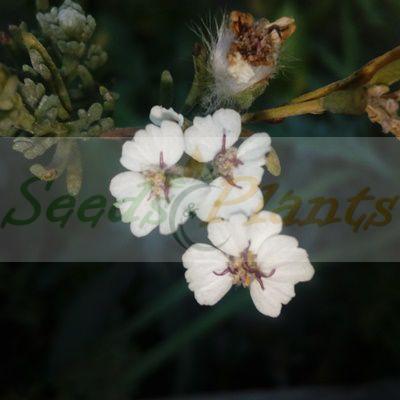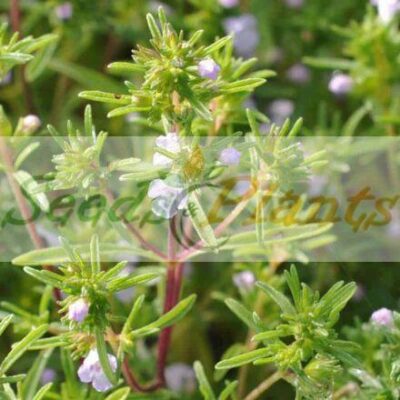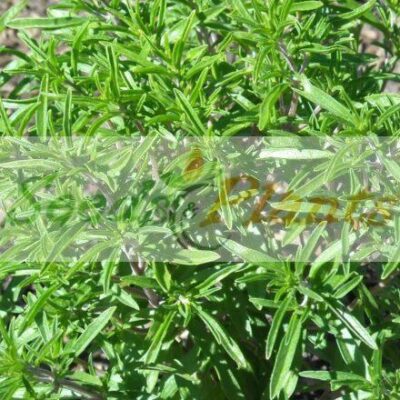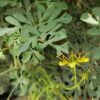🌿 Herbal Quick Facts
Medicinal Info
- 🌍 Origin / Region: Mediterranean, Western Asia
- 🌿 Medicinal Part: Leaf, Shoots, Stem
- 🍵 Herbal Preparation: Decoction, Essential Oil, Extract / Tincture, Infusion / Tea, Poultice
- ⚕️ Healing System: African Traditional Medicine, American Traditional Medicine, Chinese Traditional Medicine, European Traditional Medicine
Culinary Info
- 🍽️ Culinary Use: Flavoring, Spice Blends
- 😋 Flavor Profile: Bitter, Pungent
Growth Traits
- 🌱 Life Cycle: Perennial
- 🦋 Pollinator Method: Attracts Bees, Attracts Butterflies, Attracts Wasps
- 🪴 Growth Habit: Bushy, Mounding, Upright
- 🌿 Foliage Type: Evergreen
- 🌸 Flower Color: Yellow
Growing Requirements
- 🌞 Sun Exposure: Full Sun
- 💧 Water Needs: Low Water
- ☀️ Growing Conditions: Drought Tolerant, Dry Conditions, Heat Tolerant
- 🟤 Soil Preference: Dry, Poor Soil Tolerant, Rocky, Tolerant of most soils, Well-Drained
Rue – 10 Seeds
(Ruta graveolens)
R30.00
Rue is both a culinary herb and a medicinal herb.
Common Names: Rue, Wynruit (Afr), Common Rue, Garden Rue, German Rue and Herb-of-grace.
Indoor Sowing: Early Spring.
Direct Sowing: Spring and Autumn.
Only 4 left in stock
🌿 Herbal Quick Facts
Medicinal Info
- 🌍 Origin / Region: Mediterranean, Western Asia
- 🌿 Medicinal Part: Leaf, Shoots, Stem
- 🍵 Herbal Preparation: Decoction, Essential Oil, Extract / Tincture, Infusion / Tea, Poultice
- ⚕️ Healing System: African Traditional Medicine, American Traditional Medicine, Chinese Traditional Medicine, European Traditional Medicine
Culinary Info
- 🍽️ Culinary Use: Flavoring, Spice Blends
- 😋 Flavor Profile: Bitter, Pungent
Growth Traits
- 🌱 Life Cycle: Perennial
- 🦋 Pollinator Method: Attracts Bees, Attracts Butterflies, Attracts Wasps
- 🪴 Growth Habit: Bushy, Mounding, Upright
- 🌿 Foliage Type: Evergreen
- 🌸 Flower Color: Yellow
Growing Requirements
- 🌞 Sun Exposure: Full Sun
- 💧 Water Needs: Low Water
- ☀️ Growing Conditions: Drought Tolerant, Dry Conditions, Heat Tolerant
- 🟤 Soil Preference: Dry, Poor Soil Tolerant, Rocky, Tolerant of most soils, Well-Drained
Rue (Ruta graveolens) is a perennial herb with a strong odor, small greenish-yellow flowers and blue-green leaves. It is native to Southern Europe. It is also known as common rue or herb-of-grace. Rue is both a culinary herb and a medicinal herb.
Culinary Uses:
- The bitter tasting leaves are used as a condiment to flavor various foods and as a tea.
- They may be used raw or dried for use as a seasoning.
Medicinal Benefits
- It is valued for its flavonoids, particularly rutin, which strengthens blood vessels.
- It is also used as an anti-inflammatory, antispasmodic, expectorant, hemostatic and stimulant.
- To treat coughs and stomach issues such as flatulence, it is given as an infusion.
- The juice of the rue plant has also been used to treat earaches.
Caution: In large doses, however, it can be toxic, and it should never be used by women who are pregnant or nursing.
Other Uses:
- The plant is useful for repelling insects.
- The dried leaves are also an effective moth repellent.
- When mixed as a decoction, it can be used topically to kill lice and fly larvae.
- Rue plant oils are used in a range of cosmetics, fragrance products and soaps.
- The plants are also used to make a red dye.
Caution: Wear protective gloves when handling the plant.
Growing Rue
Indoor Sowing: Early Spring.
Direct Sowing: Spring and Autumn.
- It is easy to start from seeds in the garden or in trays. Use a seed-starting mix that holds moisture but also drains well.
- Rue seeds need light to germinate, so scatter rue seeds across the surface of the soil and then gently press the seeds into the soil with your hands.
- When the seedlings develop at least two sets of true leaves, they can be transplanted into the garden or into larger pots.
- Requires full sun or at least 6 hours of full sun.
- It grows best in well-drained soil and will even grow in rocky, dry soil where other plants struggle to survive.
- Rue needs regular but not excessive watering, depending on how much rain your area gets. In dry regions, water it once a week, making sure the soil dries out between waterings. In South Africa, studies show that rue does best with about 1.5 cm of water per week.
Can this plant be used for culinary purposes?
Rue is traditionally used for culinary purposes such as flavoring and spice blends.
Does this plant have medicinal uses?
Traditionally, Rue has a history of use in various healing systems, including African Traditional Medicine and American Traditional Medicine. Seeds are sold for cultivation purposes only.
Disclaimer
Medicinal Information:
All medicinal information on this website is for educational and informational purposes only and may not be construed as medical advice. The information is not intended to replace medical advice or treatment offered by healthcare professionals.
Seeds, Plants, Plant Cuttings, Geophytes and Dried Herbs:
In some countries and provinces, certain plants are deemed as invasive and are not allowed to be planted at all, whilst some plants are allowed to be grown only in certain areas or provinces. The onus is on you as the buyer to familiarize yourself with the regulations pertaining to your location, before purchasing any of our seeds, plants, plant cuttings, geophytes or dried herbs. We will not be held liable, should you purchase any seeds, plants, plant cuttings, geophytes or dried herbs. from us which are prohibited in your country or province.

